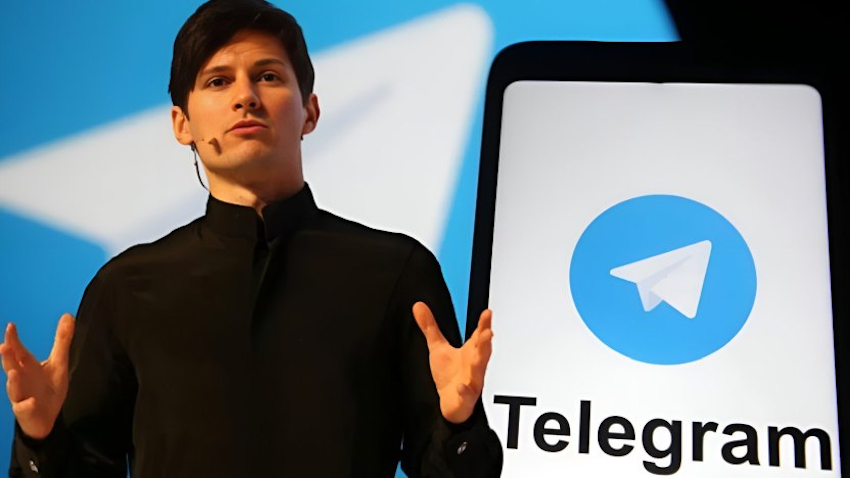The arrest of Pavel Durov, the Russian-born billionaire and founder of the Telegram messaging app, in Paris on Saturday evening has triggered widespread speculation and concern. Durov, often referred to as “Russia’s Zuckerberg,” was detained by French authorities upon his arrival, but the reasons behind his arrest remain unclear, fueling intrigue and uncertainty.
The Russian newspaper Nezavisimaya Gazeta captured the mood with a headline declaring, “The arrest (or detention) of ‘Russia’s Zuckerberg’, Pavel Durov, is one of the most important, but mysterious global news stories.” Indeed, the circumstances surrounding Durov’s arrest are shrouded in mystery. Questions abound: Why was he detained by French police? What charges, if any, will he face? And is there any connection to his recent visit to Azerbaijan, where rumors swirled about a potential meeting with Russian President Vladimir Putin?
For two days, media outlets have been rife with speculation, citing unnamed “sources close to the investigation” who suggest that Durov could face charges ranging from complicity in drug trafficking to fraud. In response, Telegram issued a statement asserting that Durov “has nothing to hide.”
On Monday, a French police spokesman told Reuters that Durov was being investigated by the national cyber-crime unit and the national fraud office for alleged crimes committed on the Telegram platform. However, no specific details were provided. President Emmanuel Macron, addressing the situation on social media, dismissed rumors that the arrest was politically motivated, stating, “This is in no way a political decision. It is up to the judges to decide.”
In Moscow, the Kremlin has adopted a cautious stance. “We still don’t know what exactly Durov has been accused of,” Kremlin spokesman Dmitry Peskov said on Monday, marking the first official comment on the matter. “We haven’t heard any official statements. Before I can say anything at all about this, we need some clarity.”
The ambiguity has not stopped Russian state media and political commentators from weighing in. On a prominent political talk show, one analyst dismissed the accusations against Durov as “absurd,” arguing that holding Durov responsible for crimes committed on Telegram was akin to blaming President Macron for all crimes in France.
Russian newspapers have also sounded alarms about the potential consequences of Durov’s arrest. Nezavisimaya Gazeta warned that the detention could have serious repercussions for Russia, suggesting that Western intelligence agencies might gain access to Telegram’s encryption keys, compromising Russia’s security. Moskovsky Komsomolets echoed these concerns, speculating that Telegram could become a tool for NATO if Durov is pressured by French intelligence.
The arrest has also ignited debates about free speech in both the West and Russia. In Moscow, Tatyana Moskalkova, the presidential human rights ombudsman, suggested that the “real reason” for Durov’s arrest was to shut down Telegram, which she described as a platform for uncovering the truth.
As the world awaits further details, the mystery surrounding Pavel Durov’s arrest continues to unfold, with potential implications for global cybersecurity, free speech, and Russia’s relations with the West.

















